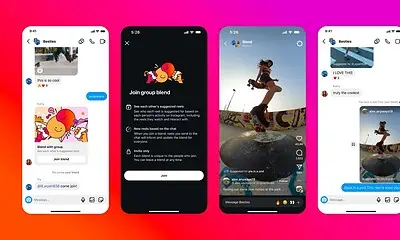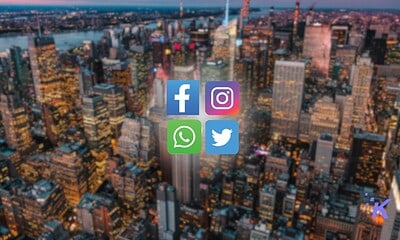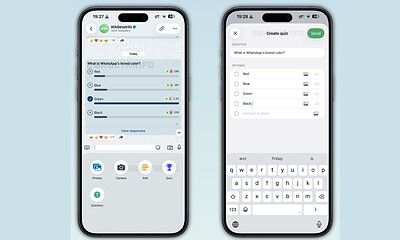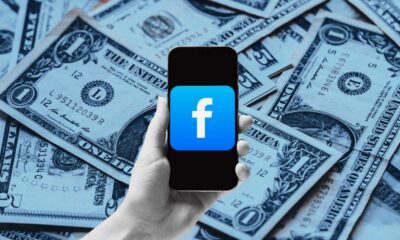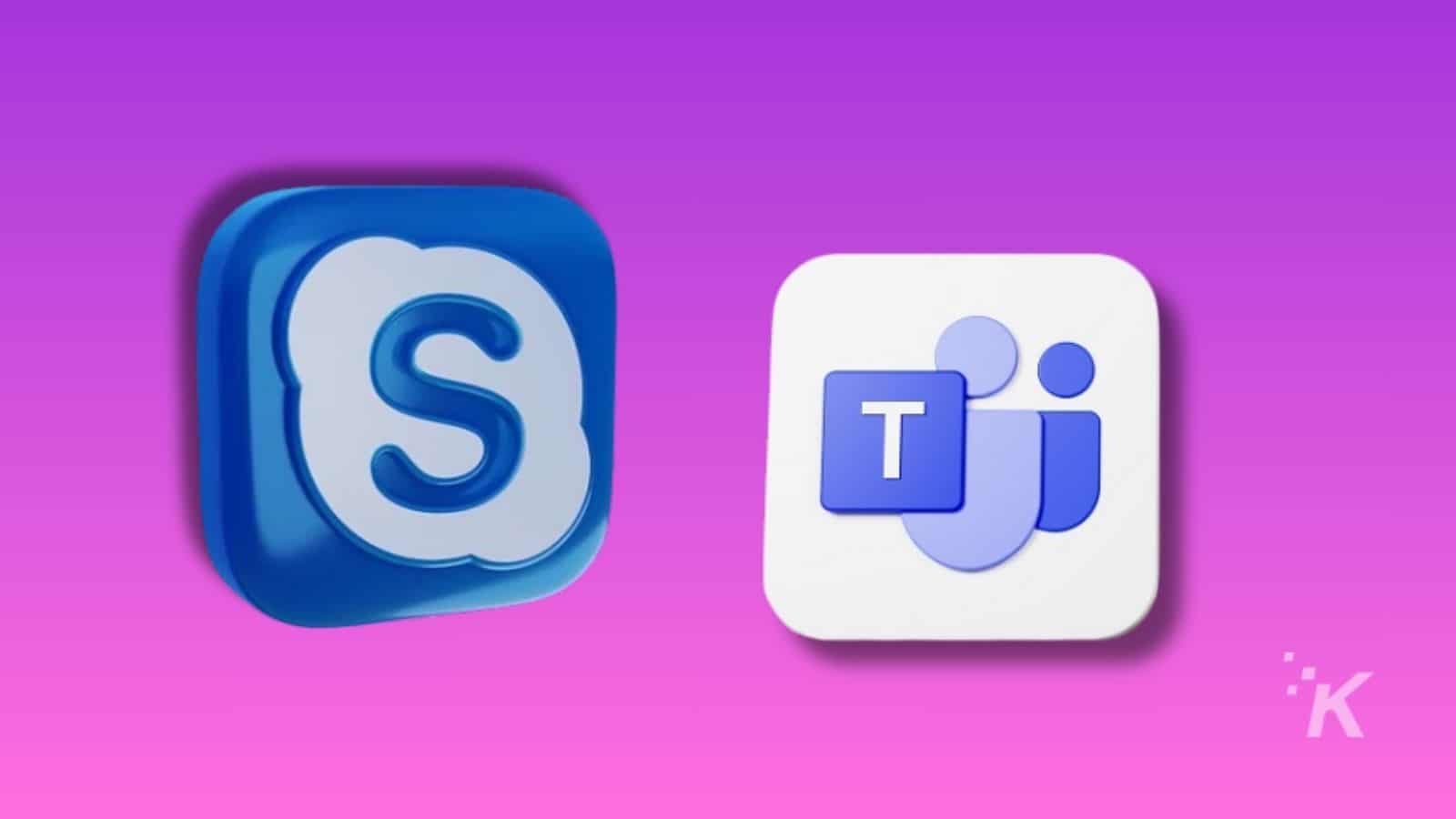
Just a heads up, if you buy something through our links, we may get a small share of the sale. It’s one of the ways we keep the lights on here. Click here for more.
On May 5, 2025, Microsoft officially shut down Skype, marking the end of an era for one of the internet’s first communication platforms.
While the news may not have shocked those who had long moved on to newer apps like Zoom, FaceTime, or WhatsApp, it brings nostalgia among those who remember Skype’s boom.
For many Millennials and Gen Z users, Skype was the first real taste of video calling and affordable international communication.
Launched in the early 2000s, the service quickly rose to prominence, boasting over 300 million monthly users at its peak. This makes Skype around 23 years old before it shut down.
From prank calls and late-night chats to long-distance family calls and even connecting with friends at sea, Skype was technologically ahead of its time.
Microsoft, which acquired Skype in 2011, has now transitioned its focus to Microsoft Teams Free, a more modern platform positioned as Skype’s successor.
The good news for lingering Skype users is that the migration process is relatively seamless: users can sign into Teams Free using their existing Skype credentials, with contacts and chat history automatically carried over.
However, not all features are making the jump. Notably, Teams Free does not support calling landlines or mobile phones, a signature feature that made Skype unique.
Users who still have Skype Credit or subscriptions can continue using the Skype Dial Pad until their balance runs out, but new paid Skype services are no longer available.
While it’s the end of an era, Skype transformed how people connected across the globe and laid the groundwork for many of the communication tools we now take for granted.
Though it didn’t evolve fast enough to maintain its dominance in a crowded market, its influence remains undeniable.
As Skype fades into the Microsoft Teams ecosystem, it leaves behind a legacy of digital connection.
What do you think about the death of Skype? Do you think it deserved a second life? We want to hear from you below in the comments, or via our Twitter or Facebook.













